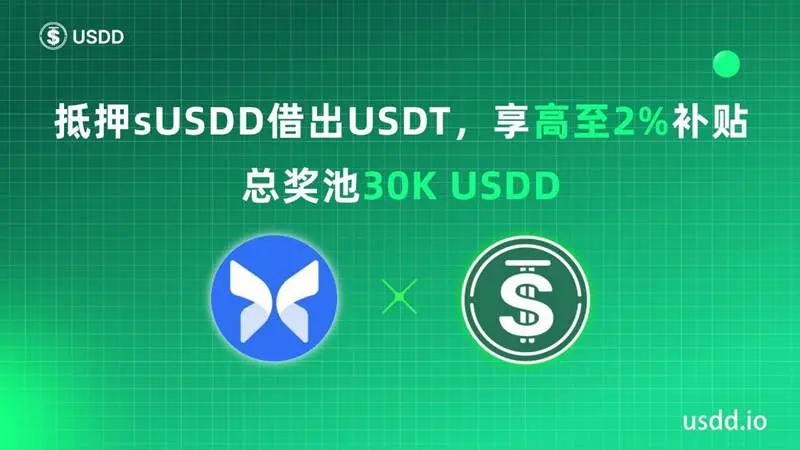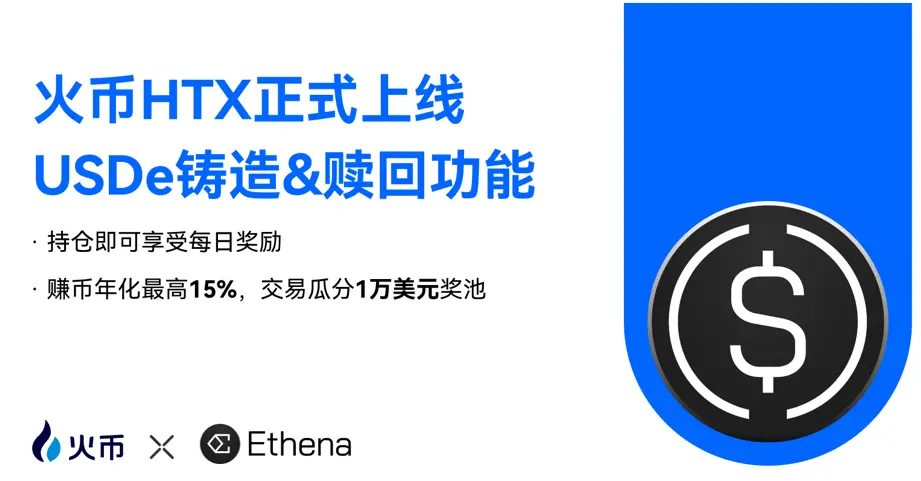Asset Security Defense: How the Decentralized Exchange ApeX Pro Avoids the FTX Incident
Author: ApeX Pro
Recently, the FTX incident has been escalating, causing turmoil in the industry, especially after Binance founder CZ, who was an early investor in FTX and held a large amount of FTT tokens, tweeted that he would liquidate his holdings of FTT. This move inevitably led to a significant drop in the price of FTT, resulting in a situation where the FTX platform token FTT, with a market value of over $3 billion, experienced massive fluctuations and faced increasingly severe selling pressure.
The cause of the FTX incident was the exposure of Alameda's financial data by CoinDesk, implying that FTX provided a large amount of unsecured loans to Alameda. Since FTX and Alameda did not directly address issues such as transparency in their relationship and insufficient assets, users began to compare FTX (a centralized exchange) and Alameda (a centralized asset management company) with LUNA, leading to an escalating battle between exchanges and between exchanges and users. Essentially, users are concerned that FTX no longer has the ability to redeem FTT assets.
In the face of frequent asset security issues at centralized exchanges, how do decentralized exchanges ensure the security of user assets?

As a DEX, ApeX Pro effectively combines asset security with a high-efficiency trading experience. ApeX Pro is a decentralized multi-chain non-custodial derivatives trading platform that offers users an order book model for perpetual contracts with up to 20X leverage margin trading under a new social trading framework. ApeX Pro integrates StarkWare's Layer 2 scalability engine StarkEx and Validium, achieving multi-chain support, low fees, deep liquidity, and maximum security guarantees through zero-knowledge proof L2 rollup solutions.
Regarding asset security, how can users have complete control over their funds to ensure absolute asset security? ApeX Pro implements a forced withdrawal feature that ensures the safety of user assets under any market conditions. Even if trading functions are closed, users can successfully request a forced withdrawal to avoid asset security issues similar to those currently faced by FTX.
When users choose to initiate a forced withdrawal, the withdrawal request is initiated by Layer 1 transactions to avoid censorship. If ApeX Pro fails to process the transaction request within a specific time frame for any reason, users can freeze ApeX Pro's StarkEx contract and use forced exit and forced trading to retrieve their funds.
Specifically, a forced exit request will prompt the system to withdraw your funds from the StarkEx contract. If your withdrawal is not processed within the specified time, the freezing function of StarkEx will be triggered, allowing users to actively exit the USDC contract. The final amount is calculated based on the total value of their positions in the last accepted batch on-chain.
Since StarkEx relies on STARK proofs, state updates on L1 will not occur without proof that the state is indeed valid. This means that funds can only be transferred within StarkEx based on the logic implemented in Cairo, which enforces the following:
- No funds can be transferred from users without valid signatures on the relevant transfer requests.
- The StarkEx state submitted on L1 reflects all asset transfer records that occurred in the L2 environment.
- The same asset transfer request cannot be executed twice by StarkEx.
As a result, operating nodes (such as exchanges) cannot steal user assets. Forced trading, emergency exits, and dedicated upgrade mechanisms enhance the trustless nature of the platform, making StarkEx fully self-custodial.
By combining the StarkWare Layer 2 scalability engine (StarkEx) with an off-chain matching model, ApeX Pro not only provides users with the non-custodial features of DeFi but also achieves the high efficiency and availability of centralized exchanges (CEX), maximizing the protection of traders' rights concerning data privacy. While ensuring the efficient settlement capabilities of ApeX Pro, it also strengthens the security verification of each transaction on the trading platform and protects traders' privacy regarding their personal trading data and activities.
It is particularly worth mentioning that ApeX Pro supports multi-chain deposits and withdrawals. This strategy provides traders with low-fee and low-latency options for entering and exiting the market.
All security measures of ApeX Pro are preparing for the transition to Web3. Please remember that ApeX Pro has always adhered to and pursued the principle of "Not your keys, Not your coins." Please use your own cryptocurrencies for secure trading on ApeX Pro and other DEXs.



























